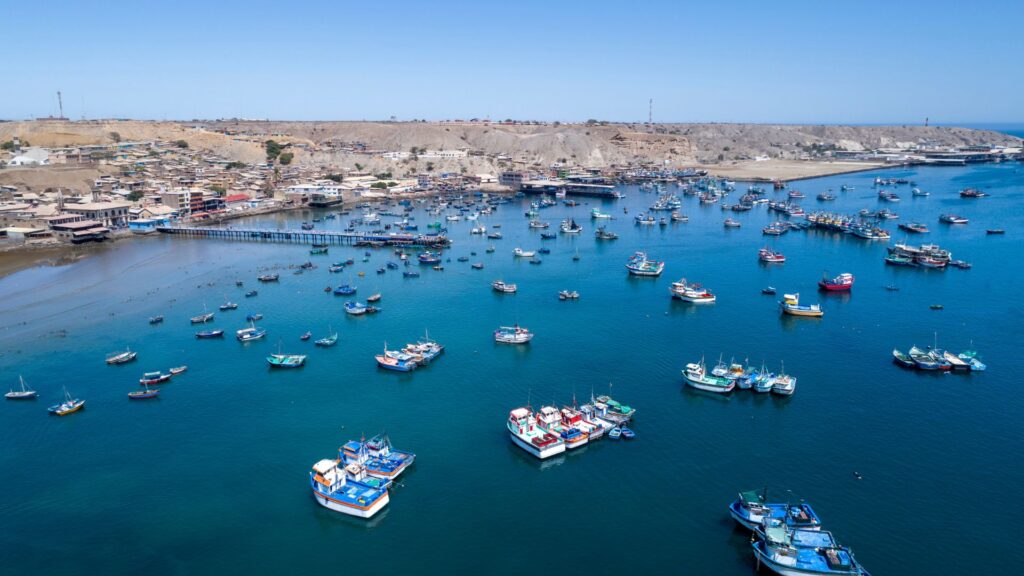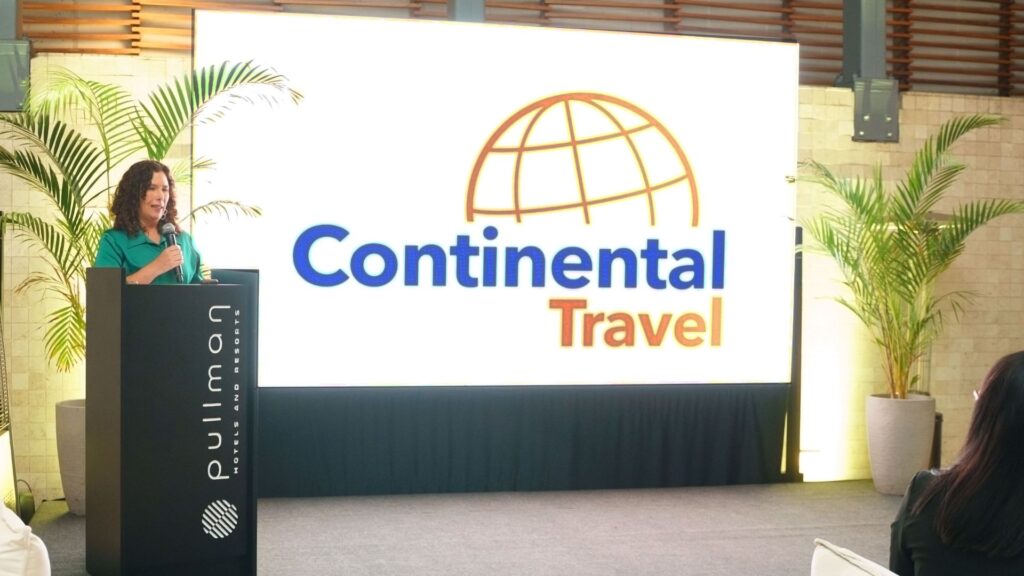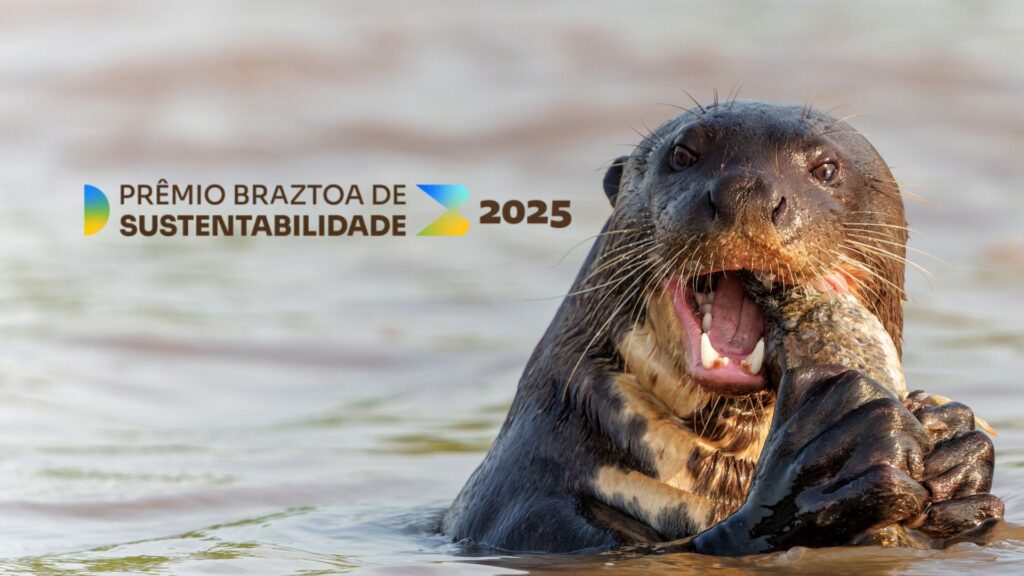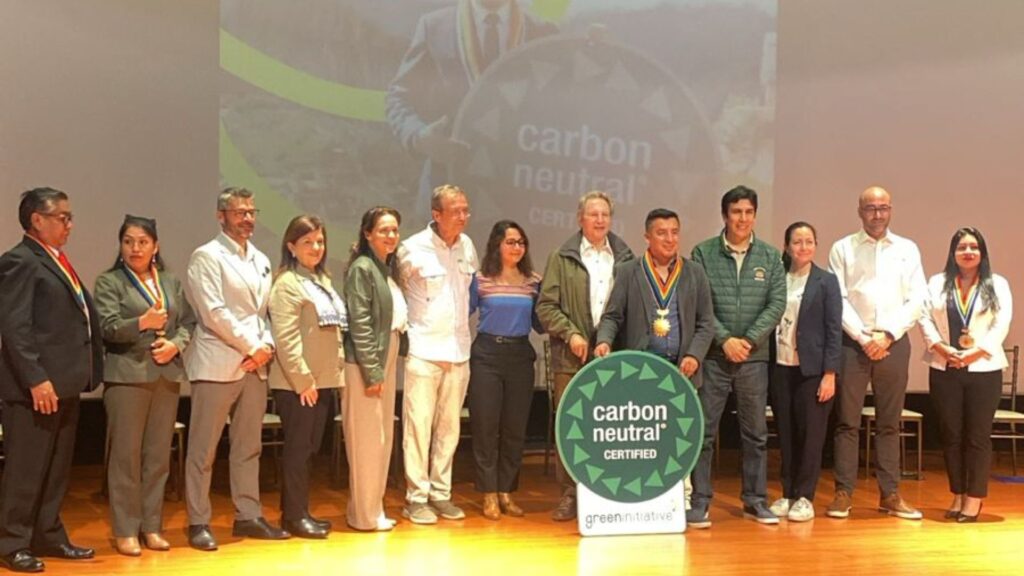Community Update: Social Engagement in Cabo Blanco, Peru
Listening, Learning, and Co-Creating a Regenerative Future for an Iconic Coastal Community Over the past few months, and with financing from IDB Invest, the Tamesis Impact team—in alliance with Green Initiative (GI International)—carried out an in-depth social engagement process in Cabo Blanco, Piura. This iconic coastal community, celebrated for its artisanal fishing heritage and cultural identity, is entering a defining moment as it explores new pathways for sustainable development, inclusive governance, and regenerative tourism. The purpose of this process was clear: to listen to Cabo Blanco’s residents, understand their priorities, and work collaboratively to envision a development model that honors their history while creating long-term social, economic, and environmental benefits. Building Trust Through Dialogue and Participation The engagement process included interviews with local authorities, community visits, and four thematic participatory workshops designed to encourage reflection, dialogue, and collective planning. We met with fishers, women leaders, youth groups, tourism stakeholders, and civil society organizations—each contributing essential perspectives. Key insights that emerged from these exchanges: 1. Openness to sustainable and regenerative tourism Residents show strong interest in tourism models that respect local traditions, protect marine and coastal ecosystems, and reinforce the cultural identity that defines Cabo Blanco. 2. Women and youth as leaders of transformation Throughout the process, women and young people demonstrated creativity, leadership, and a deep sense of commitment to their community’s future. 3. Need for integrated and inclusive governance The community expressed the importance of coordinated action among authorities, civil society, private actors, and community organizations to ensure coherent planning and equitable development. 4. Identity as the foundation of future development A recurring message across all workshops: Cabo Blanco’s greatest asset is its people—their resilience, pride, and strong connection to the sea. Why Cabo Blanco Can Become a Regenerative Tourism Model Cabo Blanco is far more than a destination. It is a living cultural landscape shaped by its fishing identity, its relationship with the ocean, and its place in Peru’s coastal history—from artisanal fishing traditions to its international recognition. This combination of heritage, identity, and community cohesion creates exceptional potential to develop a high-integrity regenerative tourism model, one capable of: A Shared Vision for Transformative and Responsible Development The alliance between Tamesis Impact, Green Initiative, and IDB Invest reinforces a commitment to responsible investment, social inclusion, and climate-resilient planning rooted in community voice. As emphasized by Joaquín Daly, Managing Partner at Tamesis Impact, the moment is both unique and urgent: “Cabo Blanco is at a turning point where identity, community engagement, and responsible investment can come together to shape a new development model for Peru’s coastal territories. At Tamesis Impact, we believe that real transformation begins by listening to people—understanding their values, their aspirations, and the heritage they want to protect. Working in alliance with Green Initiative and with financing from IDB Invest, we are helping co-create a regenerative vision that strengthens local leadership and ensures long-term social and environmental resilience.”— Joaquín Daly, Managing Partner, Tamesis Impacthttp://tamesis.com.pe/ Next Steps: Co-Designing a Community-Led Path Forward As Cabo Blanco embraces new opportunities, the priority remains the same: development shaped by and for the community. The insights gathered through this engagement process will inform the next phases of planning, technical analysis, and capacity building, ensuring that every step forward aligns with community values, territorial identity, and long-term sustainability. Cabo Blanco now stands at the threshold of becoming a flagship example of regenerative coastal development in Latin America, showing how communities, institutions, and responsible investors can work together to build a future rooted in identity, resilience, and shared prosperity. This article was written by Yves Hemelryck from the GI International Team. Related reading
Community Update: Social Engagement in Cabo Blanco, Peru Read More »










